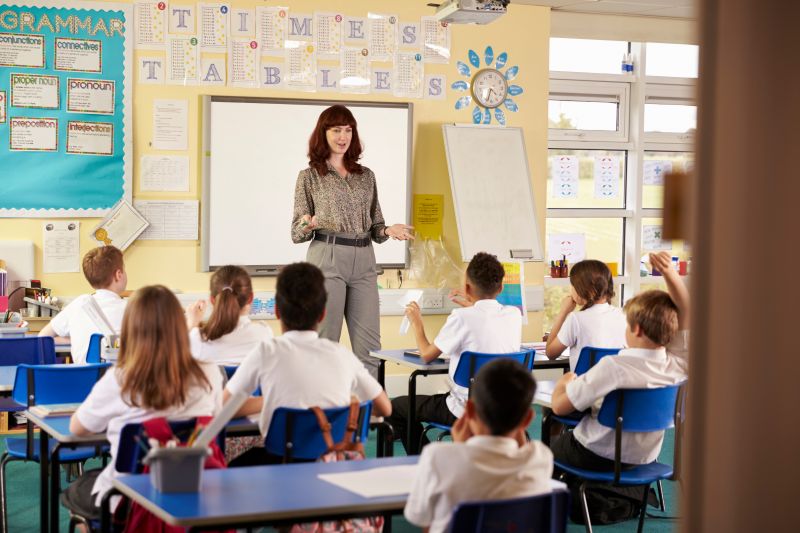Researchers from Ulster University, Newcastle University, Queen’s University Belfast, and Stranmillis University College have launched a report outlining the catastrophic consequences of the cuts to education for children and young people in Northern Ireland.
The authors make the case for immediately ending the reliance on civil servants to make policy decisions.
The report argues that cuts to education are being made with minimal input from the UK Government and little say from Northern Ireland’s own elected representatives, undermining the principle of political accountability and public sector equalities duties.
The authors paint a devastating picture of how the cuts will disproportionately impact the most disadvantaged children and young people in our communities. The short-term savings will be dwarfed by the costs of poverty, deprivation, and mental health issues in the longer run.
New Decade, New Approach committed the NI Executive to: “establish an expert group to examine the links between persistent educational underachievement and socio-economic background and draw up an action plan for change that will ensure all children and young people, regardless of background, are given the best start in life”.
The expert group’s action plan, ‘A Fair Start’, was published in June 2021 and provided a fully costed roadmap to closing the educational attainment gap.
However, the report argues that the removal of, or deep cuts to, schemes such as those to alleviate holiday hunger, period poverty and digital inequalities, as well as to initiatives to support children’s mental wellbeing and reduce the pandemic learning gap, undermines the realisation of the recommendations made in ‘A Fair Start’.
The report suggests that the situation for children with Special Educational Needs (SEN) is particularly severe. The Education Authority’s budget for the transformation of the SEN system is due to be cut by 50% despite the fact that there has been a 24% increase in the number of children with statements over the past 5 years, with hundreds of children awaiting specialist placement for September.
The report’s overarching finding is that cuts will have an unfair cumulative impact on groups which are already disadvantaged, in terms of their experience of education provision. There is a clear and unequivocal breach of educational rights contained in the UN Convention on the Rights of the Child (UNCRC).
Dr Ciara Fitzpatrick of Ulster University, who convened the group of researchers, said:
“The cuts to education will undoubtedly increase poverty and hardship for many households in Northern Ireland, but particularly those with the lowest incomes – such as those children entitled to free school meals.
“These cuts are coming at a time when high inflation doggedly persists, with food prices rising at a startling rate. The loss of holiday hunger payments will cause significant harm to children and their families, and there will undoubtedly be children who will not receive the nutrition they need to thrive.
“The high costs of school uniforms will add further stress to finances that are stretched to the limit. Despite the 20% increase in the uniform allowance last year, NI still lags provision in England, Scotland and Wales.”
Professor Noel Purdy of Stranmillis University College, lead author of ‘A Fair Start’, said:
“This is a catastrophic situation for the provision of education in Northern Ireland. It is the most punitive budget that has ever been delivered to the Department of Education, at a time when more support is needed to account for the pressures caused by the cost-of-living crisis.
“The cuts will further exacerbate educational underachievement for those children already identified as having persistent low attainment rates, including children entitled to free school meals, ethnic minority children and children in care.
“Furthermore, the special educational needs system is on its knees and is failing to ensure appropriate access to education for the most vulnerable children in our society. Unless we see urgent transformation, policy progression and real investment, the system faces collapse.”


















